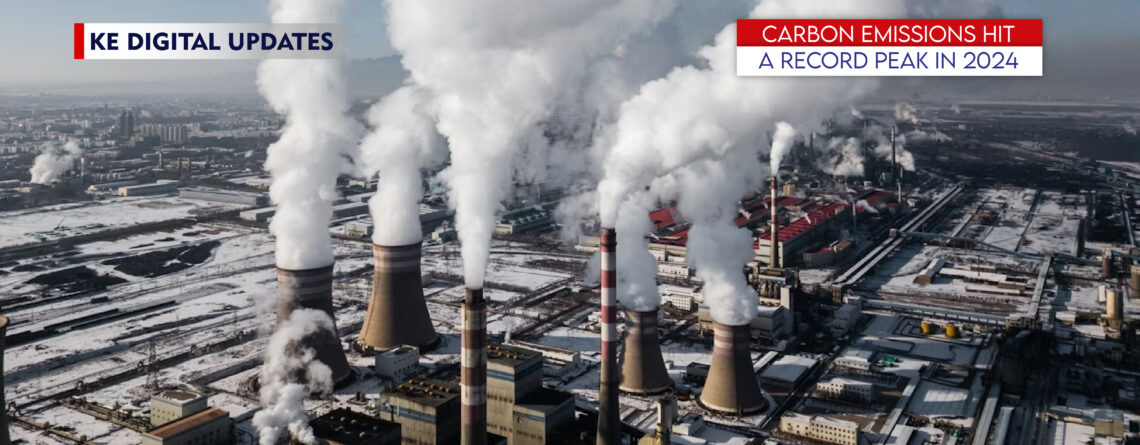In 2024, global energy-related carbon emissions surged to an unprecedented high, reaching 37.8 gigatons, marking a 0.8% increase compared to the previous year. While specific industrial sectors managed to cut emissions by 2.3%, burning fossil fuels continued to drive the overall rise in CO₂ levels, with fuel combustion adding 357 million tons of emissions globally. This alarming trend reinforces the urgency of climate action, especially as the world celebrates Earth Day—a day dedicated to environmental awareness and sustainable solutions.
The Regional Breakdown: Whose Responsible?
While some developed nations—such as the United States, Japan, and the European Union—experienced declines in emissions, these reductions were outweighed by increases from emerging economies and international aviation. This means the global efforts to curb emissions still face significant hurdles, particularly in developing regions where economic growth and energy demands continue to surge.
Among these nations, China saw a 0.4% rise in emissions, primarily due to heatwaves, industrial expansion, and economic recovery in the residential and service sectors. However, China’s investment in clean energy, such as solar and wind power, helped offset some of this rise, signaling an important step toward sustainable development.
China’s Carbon Trading System Expansion
In response to rising emissions, China expanded its carbon trading system to cover the steel, cement, and aluminum industries, requiring over 1,500 companies to purchase carbon credits. This move brings 60% of China’s total emissions under regulation, one of the most significant carbon trading expansions globally. If executed effectively, such a system can serve as a blueprint for other high-emission countries seeking market-driven climate solutions.
Why This Matters on Earth Day
As the world observes Earth Day, these figures are a stark reminder of our collective responsibility to fight climate change. The increase in emissions calls for stricter policies, better investment in renewables, and widespread adoption of eco-friendly practices. Earth Day encourages individuals, corporations, and governments to focus on climate action, sustainability, and the transition to a low-carbon future.
This moment underscores the need for global collaboration, from international agreements like the Paris Climate Accord to grassroots efforts encouraging the reduction of carbon footprints in everyday life. With the world at a critical crossroads, today’s choices will shape the planet’s future for future generations.
A Turning Point
The record-high emissions of 2024 emphasize the urgency of accelerating clean energy adoption and reducing dependency on fossil fuels. As nations navigate this challenge, Earth Day is an important platform to push for policy reforms, corporate accountability, and individual environmental responsibility. With collective action, there is still hope to reverse this trajectory and build a cleaner, more sustainable planet.










Leave a Reply